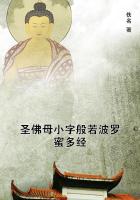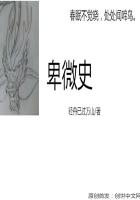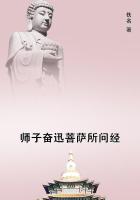1
WE are seeking the principles and the causes of the things that are, and obviously of them qua being. For, while there is a cause of health and of good condition, and the objects of mathematics have first principles and elements and causes, and in general every science which is ratiocinative or at all involves reasoning deals with causes and principles, more or less precise, all these sciences mark off some particular being-some genus, and inquire into this, but not into being simply nor qua being, nor do they offer any discussion of the essence of the things of which they treat; but starting from the essence-some making it plain to the senses, others assuming it as a hypothesis-they then demonstrate, more or less cogently, the essential attributes of the genus with which they deal. It is obvious, therefore, that such an induction yields no demonstration of substance or of the essence, but some other way of exhibiting it. And similarly the sciences omit the question whether the genus with which they deal exists or does not exist, because it belongs to the same kind of thinking to show what it is and that it is.
And since natural science, like other sciences, is in fact about one class of being, i.e. to that sort of substance which has the principle of its movement and rest present in itself, evidently it is neither practical nor productive. For in the case of things made the principle is in the maker-it is either reason or art or some faculty, while in the case of things done it is in the doer-viz. will, for that which is done and that which is willed are the same.
Therefore, if all thought is either practical or productive or theoretical, physics must be a theoretical science, but it will theorize about such being as admits of being moved, and about substance-as-defined for the most part only as not separable from matter. Now, we must not fail to notice the mode of being of the essence and of its definition, for, without this, inquiry is but idle.
Of things defined, i.e. of 'whats', some are like 'snub', and some like 'concave'. And these differ because 'snub' is bound up with matter (for what is snub is a concave nose), while concavity is independent of perceptible matter. If then all natural things are a analogous to the snub in their nature; e.g. nose, eye, face, flesh, bone, and, in general, animal; leaf, root, bark, and, in general, plant (for none of these can be defined without reference to movement-they always have matter), it is clear how we must seek and define the 'what' in the case of natural objects, and also that it belongs to the student of nature to study even soul in a certain sense, i.e. so much of it as is not independent of matter.
That physics, then, is a theoretical science, is plain from these considerations. Mathematics also, however, is theoretical; but whether its objects are immovable and separable from matter, is not at present clear; still, it is clear that some mathematical theorems consider them qua immovable and qua separable from matter. But if there is something which is eternal and immovable and separable, clearly the knowledge of it belongs to a theoretical science,-not, however, to physics (for physics deals with certain movable things)nor to mathematics, but to a science prior to both. For physics deals with things which exist separately but are not immovable, and some parts of mathematics deal with things which are immovable but presumably do not exist separately, but as embodied in matter; while the first science deals with things which both exist separately and are immovable. Now all causes must be eternal, but especially these;for they are the causes that operate on so much of the divine as appears to us. There must, then, be three theoretical philosophies, mathematics, physics, and what we may call theology, since it is obvious that if the divine is present anywhere, it is present in things of this sort. And the highest science must deal with the highest genus. Thus, while the theoretical sciences are more to be desired than the other sciences, this is more to be desired than the other theoretical sciences. For one might raise the question whether first philosophy is universal, or deals with one genus, i.e. some one kind of being; for not even the mathematical sciences are all alike in this respect,-geometry and astronomy deal with a certain particular kind of thing, while universal mathematics applies alike to all. We answer that if there is no substance other than those which are formed by nature, natural science will be the first science; but if there is an immovable substance, the science of this must be prior and must be first philosophy, and universal in this way, because it is first. And it will belong to this to consider being qua being-both what it is and the attributes which belong to it qua being.
2

